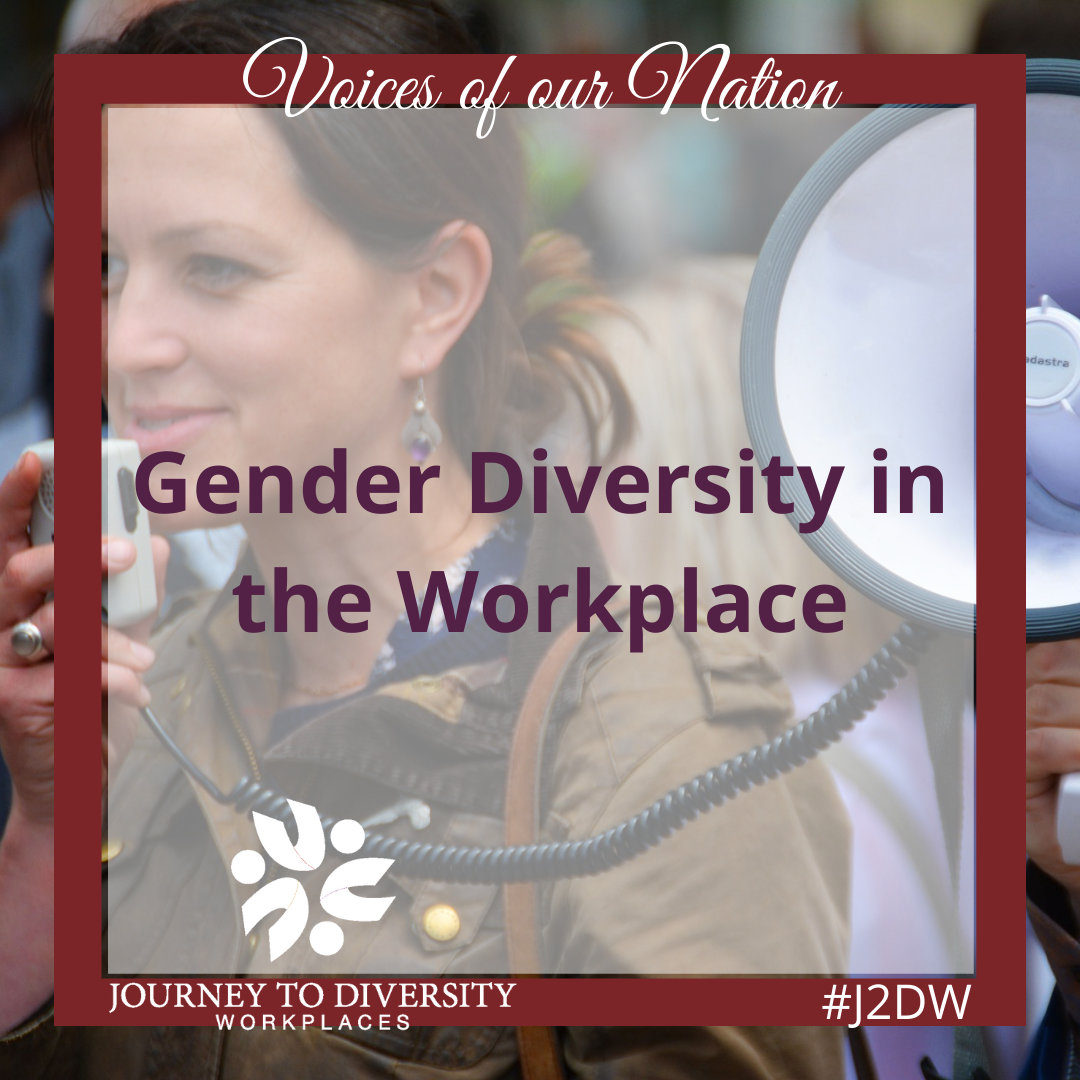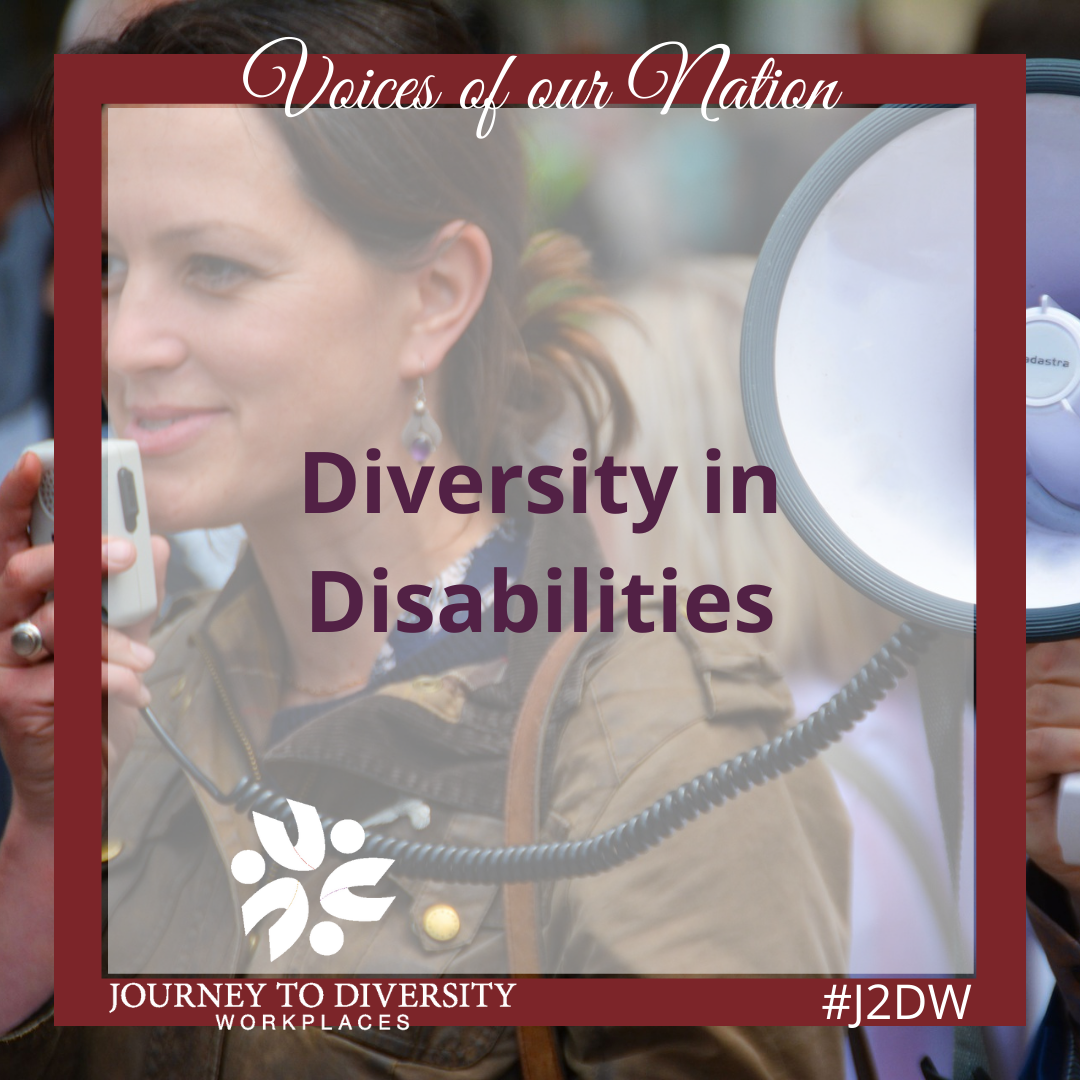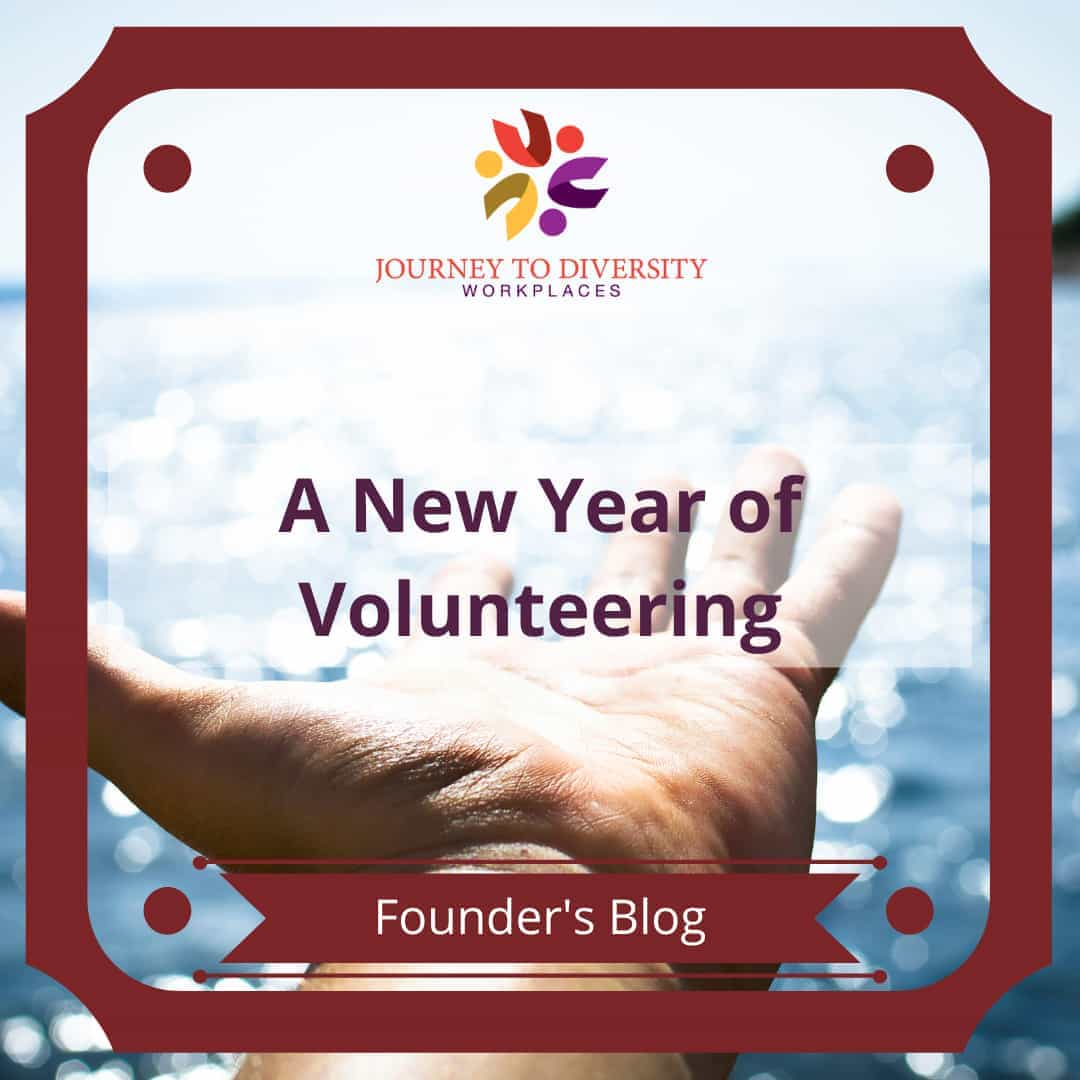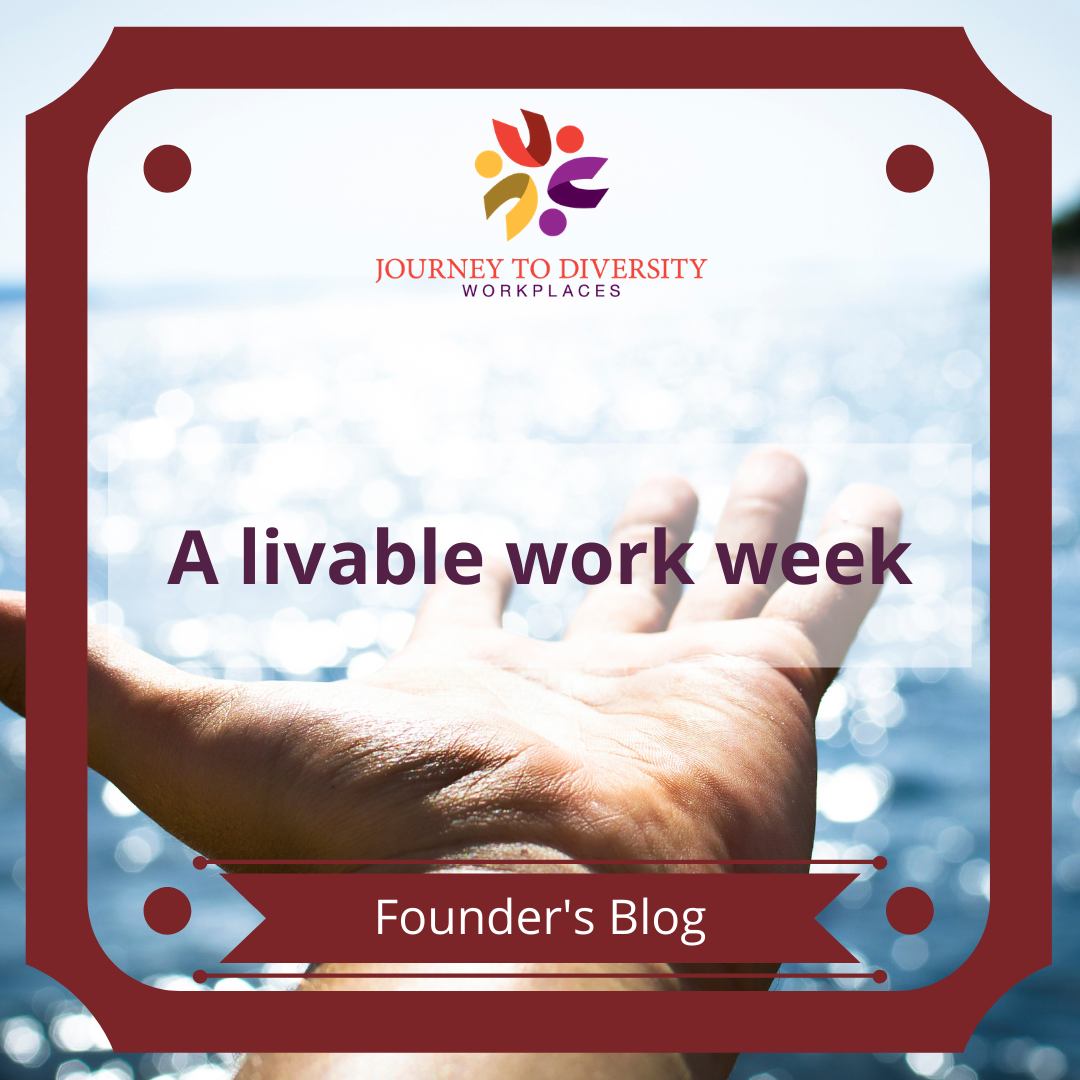Gender is normally a factor that influences the role that people have within their society. Societies expect specific behavior patterns from the two genders. People are expected to behave in a certain way which makes them an acceptable part of the society. The difference in these gender roles can be observed everywhere including the workplace. Apart from the physical differences, there exist the mental differences which distinguish both the genders. Females are generally stronger in their language skills which enhances their writing skills while males are stronger in their visual skills.
Males and females have specific attributes to contribute to the workplace. Gender differences consist of both physical and emotional factors. These physical and emotional characteristics influence the behavior of males and females in the workplace. Various psychological and physiological factors allow men and women to differ in perception. These differences in perceptions can be an asset to workplaces when gender differences are managed correctly by employers. Employers should be willing to accept gender diversity within the workplace and encourage input from both genders when important decisions are being made.
Some organizations still are hesitant to maintain an adequate gender diversity within their organization. For many years the dominant group in the workforce was always men, but in modern times this has begun to change as there has been an increase of women in the workforce and upper management positions. This change has made it necessary for managers to develop practical techniques and strategies to successfully manage a more mixed gendered workforce. In many workplaces an overhaul of all operating practices would be required to retain women and enable them to take on management positions in large numbers. There still needs to be more progress made to increase the gender diversity within workplaces, but with the implementation of effective strategies gender diversity can be a significant asset.
This article was contributed by volunteer blogger Shan Simpson.
[youtube https://www.youtube.com/watch?v=SwTVf3KnDl4]










